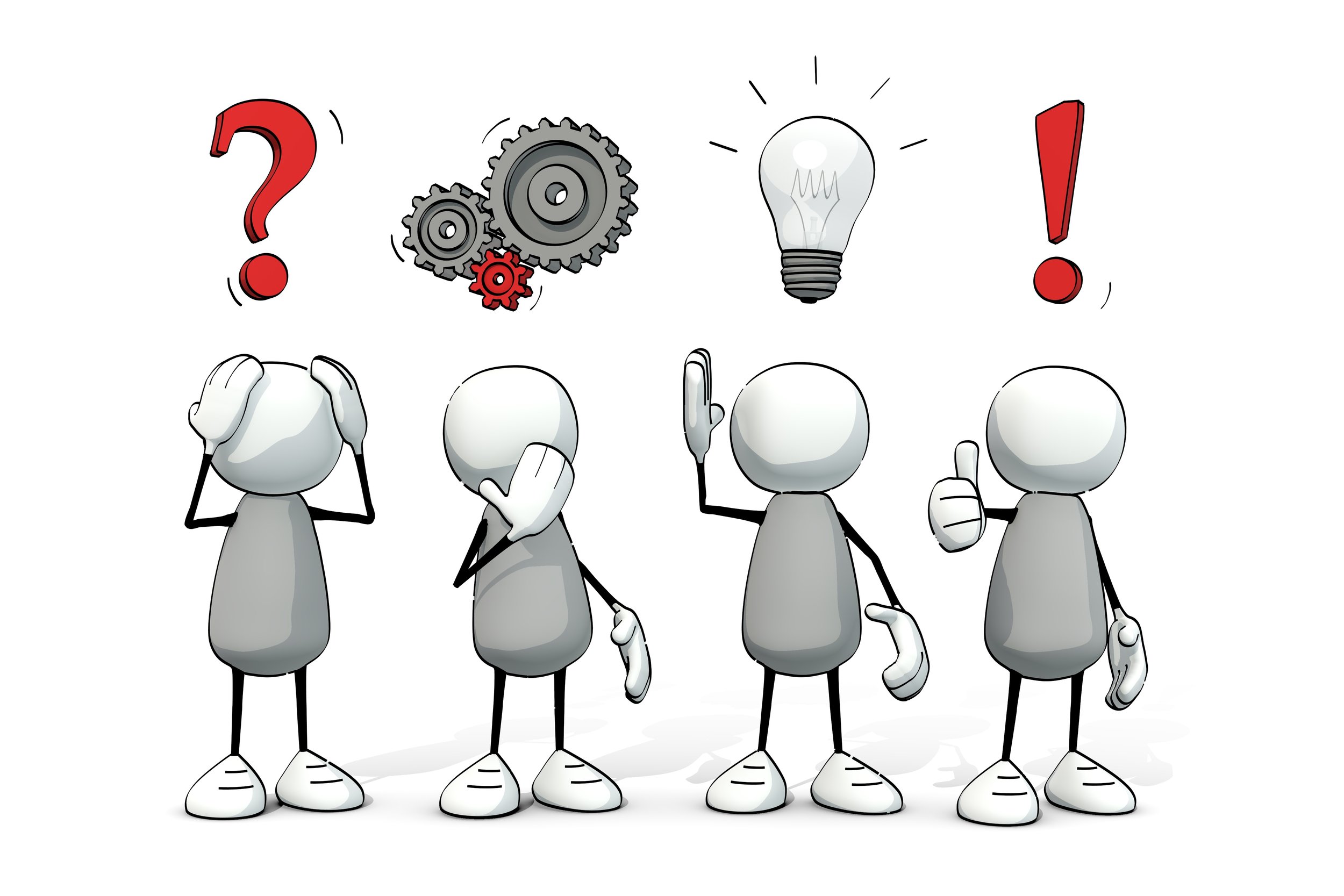Ask Questions
Our ability to think critically sets us apart from other animals. Our large brains serve us well, helping us analyse information, make decisions, and separate fact from fiction.
Fact-checking is the trusty sidekick that verifies the accuracy of those facts. Critical thinking and fact-checking make a dynamic duo that no other species can access.
Critical thinking, the intellectual tool that dissects information, is complemented by fact-checking, the guardian that swoops in to confirm or debunk those details, ensuring our understanding of the world is secure.
One of our arsenal's most vital thinking skills is the humble act of asking questions. Questions can seek further information or clarify information already gained. Open-ended questions are helpful, but targeted queries bear healthier fruit.
Here are some examples:
What did you mean when you said …?
Where does this characteristic show itself in a sequence or procedure?
Is there a better/different/easier way?
How was the conclusion arrived at?
Why will this information make things better/different/easier?
The questions can easily be adapted to a range of other scenarios. Ask the car salesperson how they arrived at the price for your trade-in.
However, it is difficult to ask those questions of the people we most need to ask. Politicians fall into that group. We need to rely on others' truth-seeking and fact-checking abilities for our answers. And that brings us to an entirely new area of investigation–trust.

